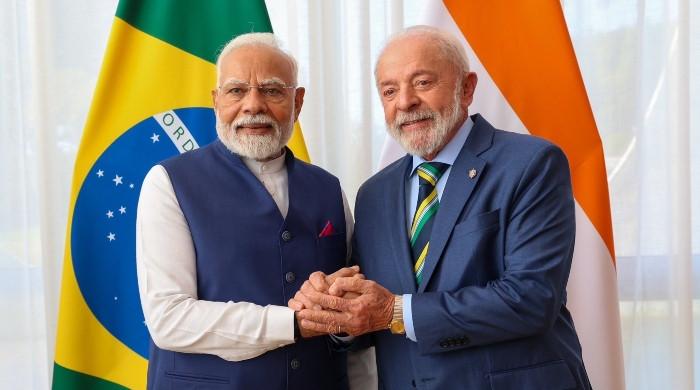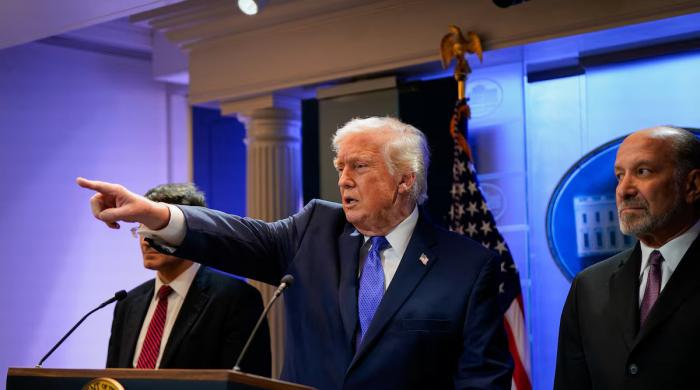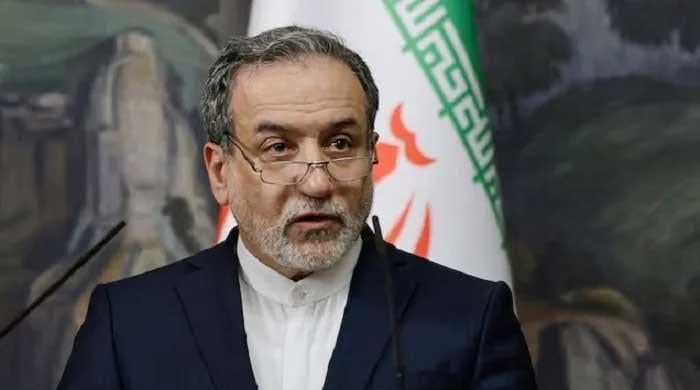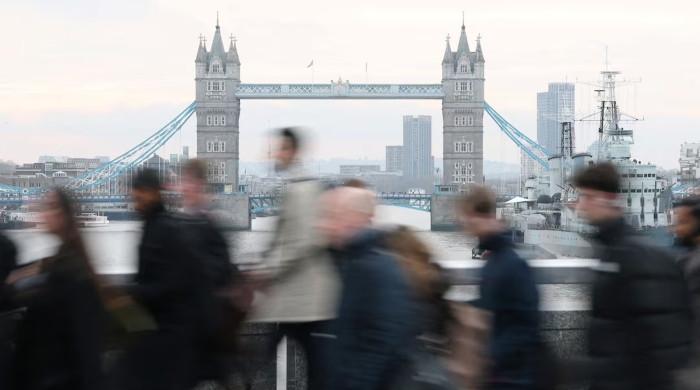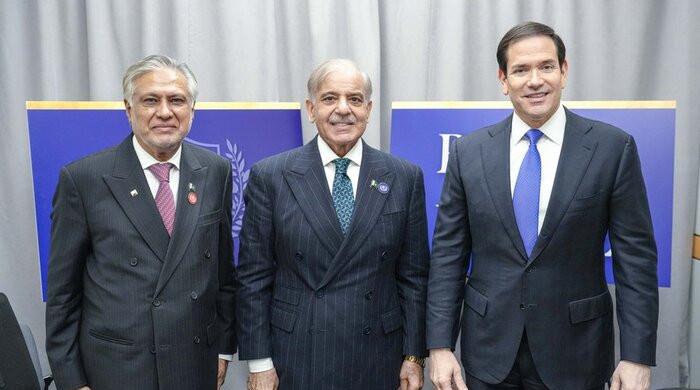The rise of far-right is a threat to inter-cultural harmony in Europe
The conference, after a lengthy debate, concluded that the prisons were breeding grounds for extremism
March 11, 2017
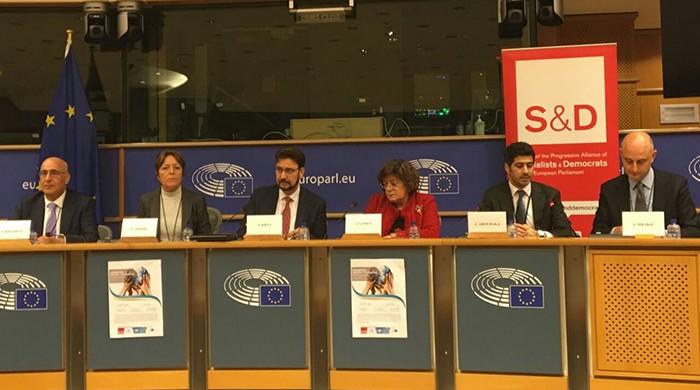
A high-level conference in European Parliament expressed deep concerns over rising popularity of far-right and its impacts on intercultural harmony in Europe. Hosted by MEP, Raja Afzal Khan and attended by a large number of parliamentarians, civil society organizations and journalists concluded that the counter-terrorism measures needed to be implemented within the frameworks outlined by European Convention of Human Rights. Many speakers and commentators mentioned European Agenda on Security (2016) as lacking comprehension of many crucial dimensions of extremism, terrorism and corresponding rise of far-right in European politics and society at large.
Welcoming the audience, Mr. Raja Afzal Khan said counter-terrorism measures, though important to protect the society, had enough ambiguity to be abused to cripple human rights, to stifle the voice of civil society and independent media. He said becoming tough against extremism and terrorism was need of the hour but Europe could not afford to compromise on its cornerstone values such as civil and political liberties, right to move or right to fair trial. "We need to eradicate the causes of extremism and xenophobic far right sentiments. We need action instead of reaction", he added.
The conference, after a lengthy debate, concluded that the prisons were breeding grounds for extremism and the states needed to focus on prison reforms especially in the context of extremism. Among other factors, the speakers pointed out the abuse of internet and social media heavily used by terrorists or extremist ideologues to poison the young minds. "The extremists of all kinds feed and support each other. It is important to finish the sense of alienation and promote the sense of belonging", said one speaker.
Mr. Khashan, president of Global Center for Justice and Humanity (GCJH) was of the view that a child being born and raised in chaotic societies such as Palestine, Syria, Libya, Iraq or Yemen was more prone to extremist ideas since he had seen nothing except misery. He shall be naturally attracted to the theorizations that put all the blames on West. He pointed out socio-economic factors (class divisions, corruption and destroyed infrastructure), political factors (democratic deficit, ambiguous constitutions, theocratic notions of nation building and weak mechanism to protect human rights) and culture factors (inhuman traditions, sectarian divisions, gender discrimination) as some of major factors brooding radicalization in Muslim world. He said, "We cannot define terrorism in terms of some nation or religion. We cannot equate extremism or terrorism with Islam". He said counter-terrorism and de-radicalization needed effective engagement with youth in schools, colleges and universities besides involving parents and elders at street levels. "We cannot move forward without promoting gender equality in the Muslim world. We need to encourage women to become religious leaders", concluded Mr. Khashan.
Adding to his deliberations, the vice president of GCJH, Ms. Yasmine Sherif said women were victim of radicalization but they also had a great potential to fight against it because they are instrumental in making personalities in the homes and schools. She said education was more important for the kids in conflict zones. She said we needed rule of law through non-violent means and we needed security needs balanced by justice. She said, "National security depends upon human security. Palestinians have always been secular and tolerant people and we are trying to protect and promote this great heritage".
Mr. Alexendro Mrakjc, representing UNDP pointed out Resolution 2250 and 1325 of UNDP regarding deradicalization and the role of women. He also mentioned Global Frame for Prevention of Violent Extremism while saying that economic development was a pre-condition of the successful de-radicalization. He mentioned Arab Human Development Report by UN while saying that many countries of the world were abusing counter-terrorism to silent the political dissent and ideological differences through laws that target journalists, civil society organisations and political workers.
The chair of the conference, MEP, Ms. Anna Gomes said socio-political justice lied on the basis of de-radicalization. She said Europe was denying the realities of social, political and economic injustice to the immigrant communities. She said austerity measures had hurt marginalised groups that are more and more ghettoised. She agreed that security measures were mostly at the expense of human rights and freedoms. She said the real de-radicalization should be started at the level of families and it was vital to include European Muslims in the fight against terrorism. She agreed that extremism was not an ideology rather it was a context of political developments. "World leadership is setting on fire that they will not be able to control. The rise of far-right is a greatly troubling phenomenon in Europe. We all have to fight back to save our humanist values", she concluded.





